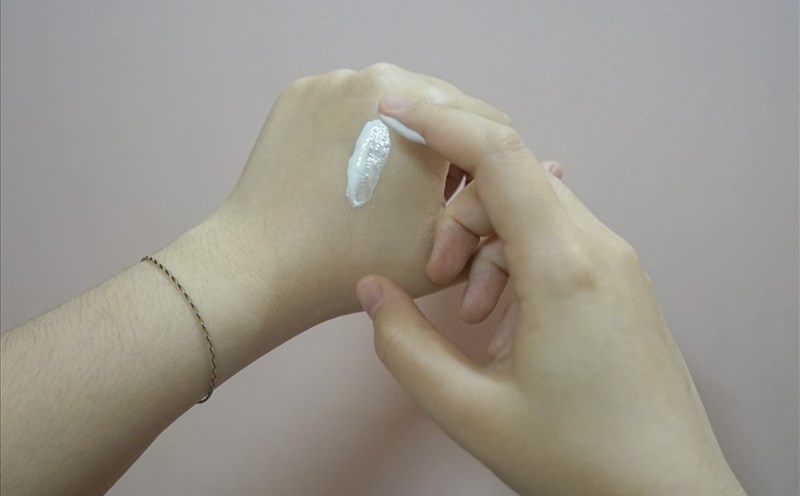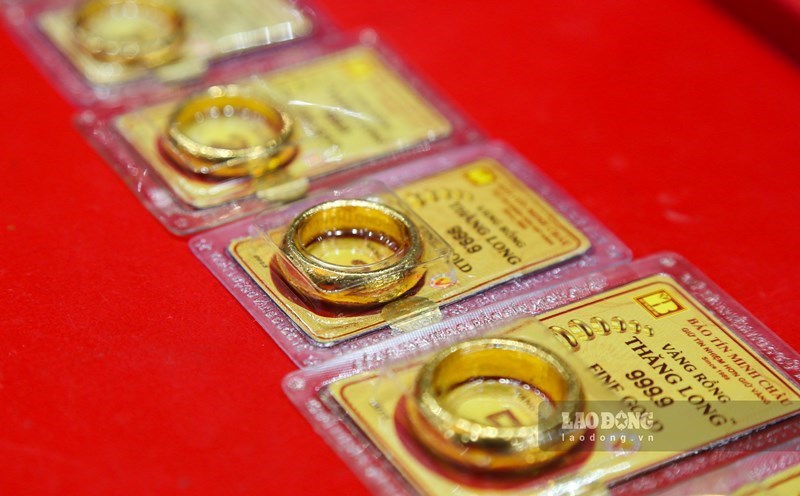According to Dr. Kriti Lohia, Executive Executive Director & consultant dermatologist at Cocoona Clinic (Gurgaon, India), the skin barrier is the cornea on the skin's surface, made up of skin cells bound together by lipids (fat) such as ceramide, cholesterol and fatty acids. This structure helps maintain moisture balance and protect the skin from external factors. When operating normally, the skin is soft, even and healthy. Conversely, when damaged, the skin will easily dehydrate, peel and become more sensitive.
Signs of damaged skin barrier
Some common symptoms include:
Dry, tight, flaky skin or itchy sensation.
Red, hot skin or more sensitive skin when exposed to cosmetics.
Acne, rash, or irritation.
The skin secretes a lot of abnormal oil to compensate for lost moisture.
If the skin reacts strongly to previously suitable products, it may be a sign that the protective barrier is weakening.
Causes of skin barrier damage
Excessive cleansing and exfoliation: Using a strong cleanser, regular physical or chemical exfoliation can remove the amount of natural oils and break down the lipid layer that protects the skin.
Environmental effects: Pollution, dust, UV rays and weather changes (especially cold) all reduce moisture and make the skin vulnerable.
Using unsuitable products: Products containing alcohol, flavorings or strong active ingredients such as retinol, high-concentration acids can cause irritation if used incorrectly.
Unhealthy lifestyle: Lack of sleep, low water intake, prolonged stress and a malnourished diet reduce the skin's self-healing ability.
Dermatological diseases: Some conditions such as eczema, psoriasis or red eggs make the skin's protective barrier weaker than normal and need special care.
How to restore and protect the skin barrier
Reduce the number of care products: When the skin is weak, you should temporarily stop using many active ingredients at the same time. Just take the basic steps of gently washing your face, moisturizing and sunscreen.
Use ingredients that help restore skin: Prioritize products containing ceramide, niacinamide, hyaluronic acid or fatty acids to support skin regeneration and moisturizing.
Avoid water that is too hot when washing your face: High temperatures can remove the natural oils. Wash your face with warm water and shorten the time of contact with the water.
Protect your skin from the sun and pollution: Always apply sunscreen with an SPF of 30 or more per day and cover when you are out to limit the effects of UV rays and dirt.
Maintain a healthy lifestyle: Drink enough water, eat plenty of omega-3-rich foods (such as fish, flaxseeds, walnuts) and get enough rest to keep your skin healthy from within.
Use skin soothing products: Products containing aloe vera, pennywort or panthenol help reduce irritation and support the recovery of the protective barrier.











